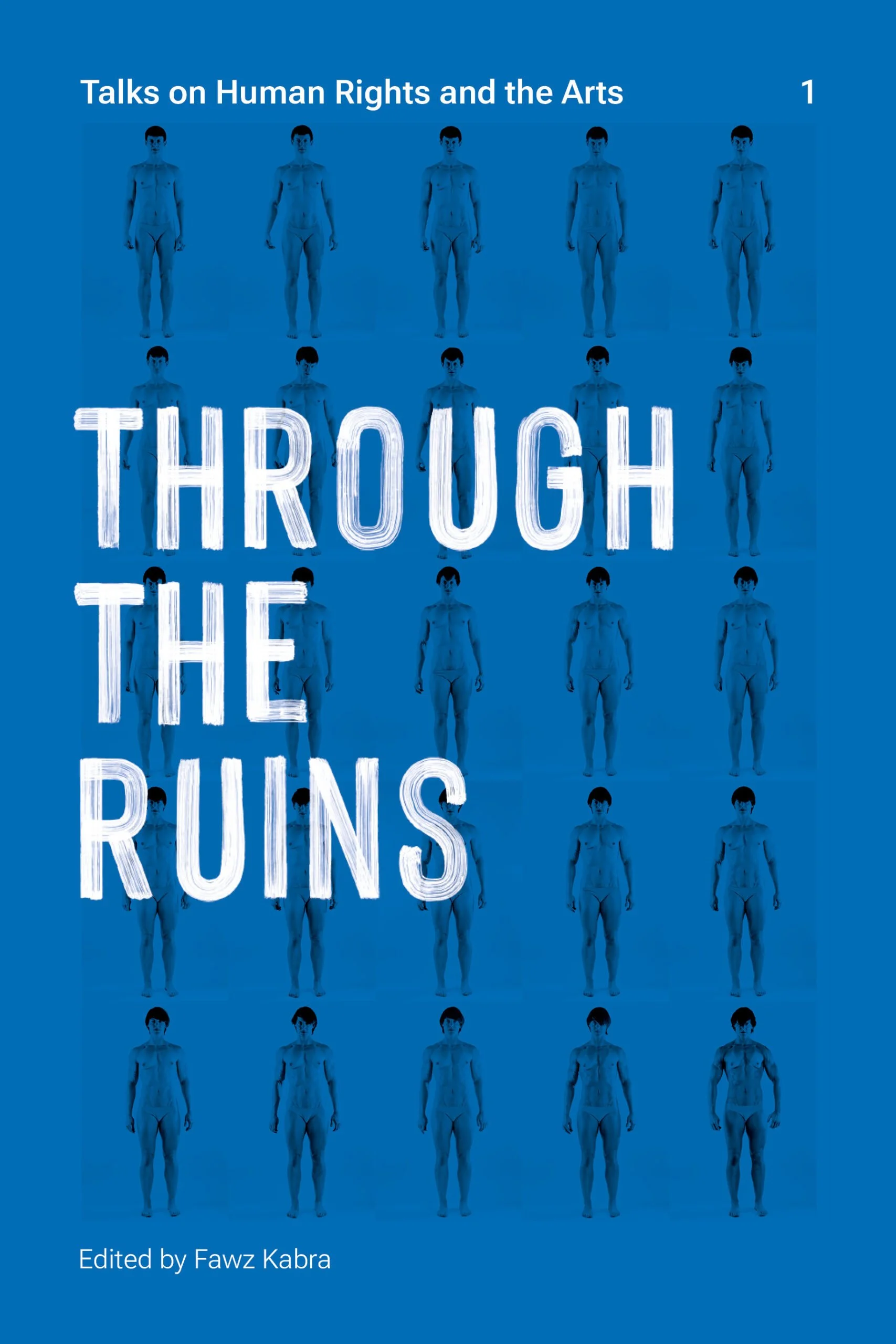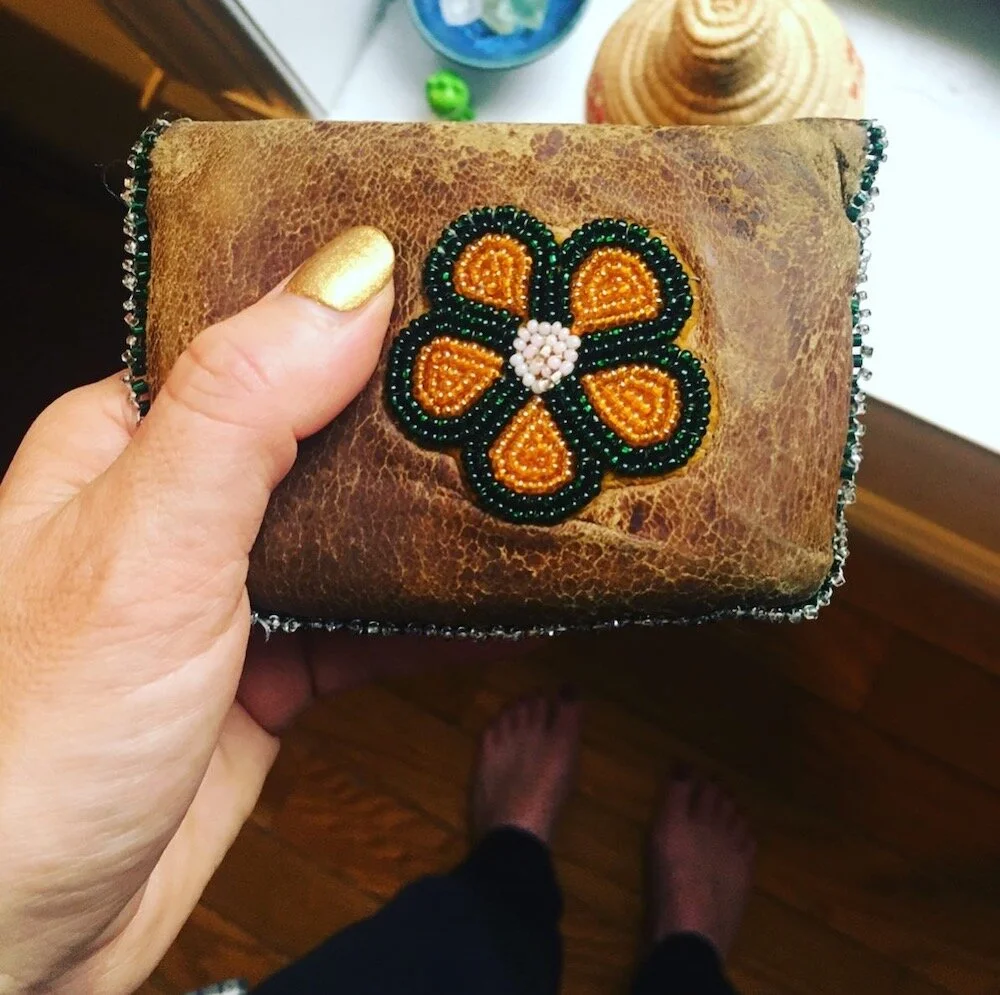In The Trees by Agnes Borinsky, characters turn tree and, in so turning, are threatened because the ground they turned to tree upon turns out is threatened, too – by real estate
That dancing in/of past, present, and future is a shaking, is a way of transforming this place we are caught up in, this place of knowing only one way of knowing, of forced worldview, of bunkers on mountains, of concrete levee, of rising heat, of 1000 dead trees, of nothing in promise, no sound of bee or bird or place to fish or carry on, for career, for nothing real, for what you have been sold, for a future you. This is land. This is water. This is air. This is Lenapehoking. This is for you Carlina Rivera, Council Member District 2, Mannahatta, Destroyer of East River Park.
I welcome you. Go for a walk in the field. In the woods. Meadow. Desert. Street. Bring a roasted chicken dinner. Share it. All night there are sighs amongst us, a caress. Fingers moving. Skin touches, enters skin. Fish are caught. Gutted. Wrapped in aluminum foil, sprinkled with lemon, a little butter, salt. Put into ready coals. The birthed take a first deep breath. Our stresses leave. We fold and unfold napkins. Our hearts, too. We unfold these.
Breath.
Whale enters the room. Undulates its spine. Rolls its huge belly forward. Opens its mouth water pours over its teeth out the door down the stairs. There is, smell of rain. Whale’s soft eye is gazing at everyone in the room. Whale takes a deep breath. And then there is the sound of breath.
My Grandma Hanna made the wallet I carry with me every day. It’s tanned caribou hide, trimmed with small green and white glass beads, a perfect five-petal flower — dark green, iridescent orange, with a light-pink centre. It’s sitting next to me as I write this from Lenapeyok homeland, Lenapehoking. I carry my grandma’s gorgeous wallet with me, proudly lay it on the table or bar when I am about to pay. People always ask. And I smile. I get to tell them Grandma made it. And I get to tell them she won a blue ribbon at the state fair.
I sent the following letter on January 20, 2021 to the National Endowment for the Arts to share with them my experience as a Yup’ik womxn and artist with Jedidiah Wheeler, Executive Director of Peak Performances at Montclair State University. I’m publishing it here so that we — artsworkers, audiences, presenters, funders, and a broader public — can examine what exists. And so we can build processes and relationships forward that are equitable, justice centered and decolonized, rather than stay in systems and experiences that perpetuate violence and extraction.
When it comes to the work of decolonization and indigenization, everything about an institution must change—from structure, governance, and leadership to ethos, values, and worldview. The shift of consciousness and action that is needed in the world—recognizing, acknowledging, centering, respecting, and understanding Indigenous knowledge, art, making, culture, leadership, and sovereignty—becomes reality. This is what is needed to build equity.
Weeks ago I was sitting in my backyard reading about a poem Denise Levertov wrote called In Obedience. It’s an elegy for her father and in it she tells of doing a wild solitary dance among the fireflies in a New England garden one night, while my father lay dying, in London.’ She writes that it was a joyful dance and also a dance of love and mourning. Later she learned that just before her father died, he got up out of his bed in London to dance the Hasidic dance of praise. Both dancing in their grief, not with or for one another, they were connected across their physical distance by the passing of this story and the writing of her poem.
The other day I was jostled into a memory. Simply walking up a short set of stairs, my body suddenly remembered what day it was. I say it was my body remembering because that is where I felt it. It was not a thought connected to a date and time. It was not a moment connected to a memory. It was a physical interaction with time - a sudden condensation of time and place. I wondered what this sudden feeling was and then my mind caught up... And then I remembered.
The Brooklyn Commune’s Cultural Democracy and Representation Team, led by Kyoung H. Park, has created a series of interviews with artists and arts leaders to address issues of diversity and social inclusion in contemporary performing arts. Over the course of the next few months, we will highlight interviews with artists who are in conversation with our team to ask ourselves how we can insure that people from all points on the age, race, gender, sexual orientation, religion and cultural spectra have a place in the conversation.
"When I danced and felt my sadness move out of me, pull like threads from my body and disperse into the air like millions of particles of dust, I knew I would be forever grounded in the act of dancing and making dances."
Performance is an intellectual and physical field and artists are constantly working and creating new ways to work.













This has been happening my whole life. Salmon brings me to harvest with my family, brings me across Kachemak Bay in Alaska to learn fish-skin sewing from Audrey Armstrong, brings me to awe as I watch them swim upstream, brings people to my table again and again, and brings me here, to Vermont Performance Lab. Of course, in this case, we had to arrange for the wild salmon to be here.